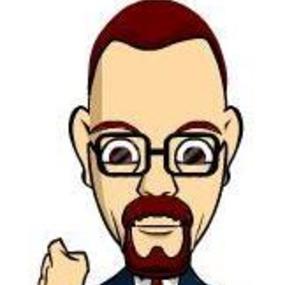Is it OK for digital health tools to exclude vulnerable populations?
Digital health is rapidly changing our lives. Almost every day, new developments using data, artificial intelligence and smartphones to improve health, on individual and population levels, are entering the market. In 2015, there were more than 40,000 healthcare apps on Apple's U.S. App Store alone. And the number has kept growing.
But in the process of delivering the next revolutionary technology, health-tech innovators have often neglected to include usability in their apps so that they may also benefit people with disabilities, research suggests
“People with disabilities have a particularly hard time, as they are often overlooked in the design of new technology, both regarding tools and content,” noted a report titled, “Health Inequalities in eHealth Context,” by the European Commission.
“Due to their impairment, the notion of them being proficient (information and communications technology) users is often sidelined.”
So, what does this issue look like in the real world?
In August, the U.S. Food and Drug Administration approved the marketing of the first mobile health (mHealth) app for contraception: Natural Cycles. The app allows women to avoid pregnancy by monitoring their resting body temperature — known as the basal body temperature — and recording their data so that an algorithm can determine their daily fertility.
With “perfect use,” the app’s creators say the failure rate is 1.8 percent, which means that 1.8 in 100 women annually will become pregnant despite using the technology.
But although the app meets the FDA’s guidelines governing mHealth apps, Natural Cycles poses problems for some nontraditional eHealth users, including women who have disabilities or irregular periods.
read the whole story at https://www.hcanews.com/news/natural-cycles-is-the-first-fdaapproved-contraception-app-but-its-not-for-all-women










In the process of delivering the next revolutionary technology, health-tech innovators often neglect to look at usability in their apps for a wide variety of users. This is true for revolutionary technologies in all verticals.